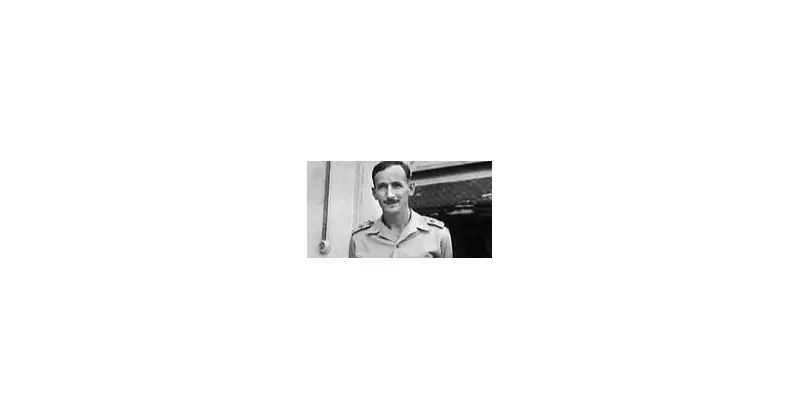
In the annals of Australian military history, few names shine as brightly as that of Sir Edward 'Weary' Dunlop, whose extraordinary courage and compassion during World War II continue to inspire generations. This remarkable surgeon's story isn't just about survival—it's about humanity triumphing in the face of unimaginable brutality.
The Making of a Legend
Before becoming a prisoner of war, Dunlop had already established himself as an exceptional individual. A talented rugby player who represented Australia, he earned his nickname 'Weary' as a playful twist on his surname. Little did anyone know this name would become synonymous with hope for thousands of Allied prisoners.
Hell on Earth: The Prison Camps
When Singapore fell to Japanese forces in 1942, Dunlop found himself thrust into the nightmare of captivity. What followed was a test of human spirit that few could endure. As senior medical officer in various camps, including the infamous Changi Prison, Dunlop faced impossible choices daily.
His leadership went far beyond medical duties—he became the moral compass for men pushed to their absolute limits. While Japanese guards enforced brutal conditions, Dunlop maintained dignity and hope among prisoners who had every reason to abandon both.
Medical Miracles in Impossible Conditions
Imagine performing surgery without proper instruments, medications, or even adequate food. This was Dunlop's reality. He conducted complex operations on makeshift operating tables, using improvised tools when proper surgical instruments weren't available.
His medical knowledge, combined with remarkable ingenuity, saved countless lives. But his greatest legacy might be what he gave prisoners beyond medical care:
- Hope: He maintained medical standards and routines that preserved sanity
- Dignity: He fought for prisoners' rights, even when it meant facing punishment himself
- Education: He organized lectures and discussions to keep minds active
- Compassion: He never turned away from suffering, no matter how exhausted he became
The Legacy That Lives On
After liberation, Dunlop could have retreated from the horrors he witnessed. Instead, he dedicated his life to reconciliation and remembrance. He became a passionate advocate for Australia's relationship with Asia and worked tirelessly to support former prisoners and their families.
Today, Weary Dunlop's story continues to resonate because it represents the best of Australian values: courage when facing adversity, compassion for others, and resilience that refuses to be broken. His statue in Melbourne stands as a permanent reminder that even in humanity's darkest hours, light persists through extraordinary individuals.
The remarkable truth about Weary Dunlop isn't just that he survived the camps—it's that he helped so many others survive with their humanity intact. In a world that often celebrates flashy heroism, his quiet, consistent courage serves as a powerful lesson in what true leadership really means.





